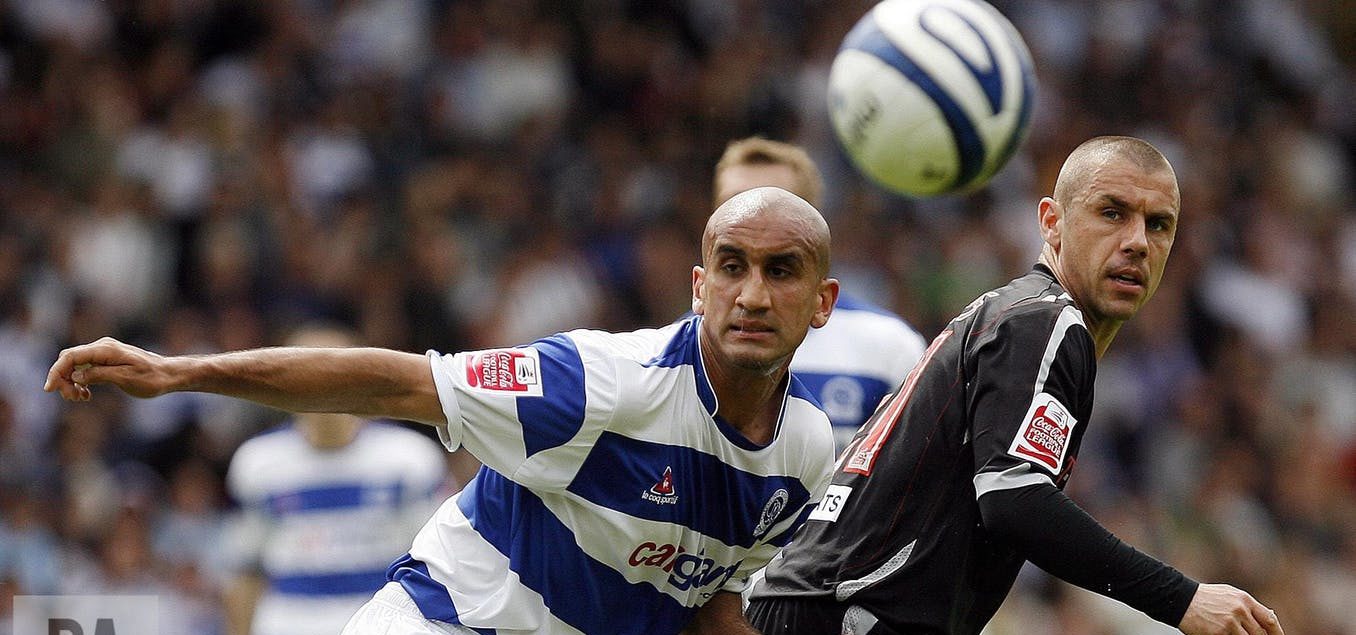Why are British Asians under-represented in football?
The underrepresentation of British Asians remains one of football’s most unfortunate stats. It is a national crisis that has been festering for decades. Yet even with the recent attention towards the overt bigotry that continues to mar our sport, we have neglected our duties to address it.
Despite this desperate attempt to sweep all evidence under the rug, the stats are damning. Not only do they expose the dire nature of these circumstances, but more importantly the lackadaisical approach in supplying British Asians with the platform they deserve.
Truth be told, this is an issue we can no longer ignore, and the data proves it. 12 out of over 3,700 professional football players in England and Wales are of South Asian ethnicity – despite the fact that British Asian form 5% of the general population. And more worryingly, this is a trend that is also apparent in the Premier League, with only three players fitting the quota of having a British Asian background (Neil Taylor at Aston Villa and brothers Adil and Samir Nabi at Halesowen Town).
The blatant disregard at this overt underrepresentation even in one of the richest leagues in the world proves that rather than financial instability as a cause, it is merely the neglection and ignorance of such issues that is allowing this crisis to fester rather than resolve.
The patterns suggest that soon, the chokehold over players from an Asian descent will see them disappear completely from the face of football, and if there is one thing that is stoking the fire it’s racism.
Worryingly, British Asians are being subject to prejudice from the onset of their careers from scouts, creating a cycle of bigotry that has played a massive role in the underrepresentation we are seeing at the top-end of domestic football leagues today.
This was investigated by Dr Dan Kilvington of Leeds Beckett University who found out that British Asians were being excluded from entry into professional clubs due to racist scouts who stereotyped them as ‘not suited to physical sports’, and better suited to ‘non-invasive games such as squash and cricket’.
Kilvington realised that the stereotype that Asian frames didn’t meet the demands of physical sport meant that football insiders were culturally marginalising British Asian players, denying them from any and all opportunities to make it to professional status. Even if there were talented and skilled players, they were automatically categorised and shunned away from any chance to be signed by a club.
Yet alongside this, Kilvington also found that there were other barriers to Asian players reaching the big leagues, primarily a lack of coaches at grassroots levels to provide young and upcoming players with the guidance needed for them to overcome the obstacle of prejudice they were facing.
So not only are young British Asians being denied of the appropriate resources, but they are also faced with damning, prejudiced verdicts from scouts, who deny them the chance of showcasing their skills and abilities at a top club in order to maintain a racist status quo.
The only way to stamp out such issues involves providing them with the means to excel and grow as young players, and fortunately, in the charge to tackle the overt bigotry that continues to mar football, there are more organisations equipped with the needs to make that happen.
Indeed, the fight off the field has begun and this is where foundations like Kashif Siddiqi’s and Zesh Reham come into play. While Siddiqi’s foundation has led youth teams from East London to the swathes of St George’s Park, Reham took matters into his own hands and has educated some of London’s youngest and brightest Asian talents into coaches. For the latter man, the goal is not merely to represent British Asians on the field, but also in other roles, such as scouting, physios and areas of administration, in the hopes to break the cycle of racism from top-down.
Yet, their underrepresentation remains a national scandal and the media outlets continue to turn a blind eye to it, despite preaching against overt bigotry towards players of black descent, and even sexism towards the female sport. They deserve the same recognition and should be classed as a crisis that is yet to be solved, especially from a country whose national sport is football.
In not doing so, not only are we missing out on integrating talented players from different ethnic backgrounds into our sport, but we’re denying them of the opportunity to thrive at the top end of football leagues because of where they have been born, despite the fact that they have lived and breathed our style of play.
While this may be the fault of scouts, and racial stereotypes, the government must do more in terms of providing funds and supporting more initiatives in order to give these players the opportunities they deserve.
All in all, we cannot claim that we’re doing our best to tackle racism and prejudice when we continue to sweep scandals such as these under the proverbial rug. We must make a better effort to end the marginalisation that British Asians experience in football, otherwise, we risk in playing a big part in perpetuating a cycle of racism and discrimination towards them for many years to come.
By: Maryam Naz
Photo: Simon Dawson/PA
